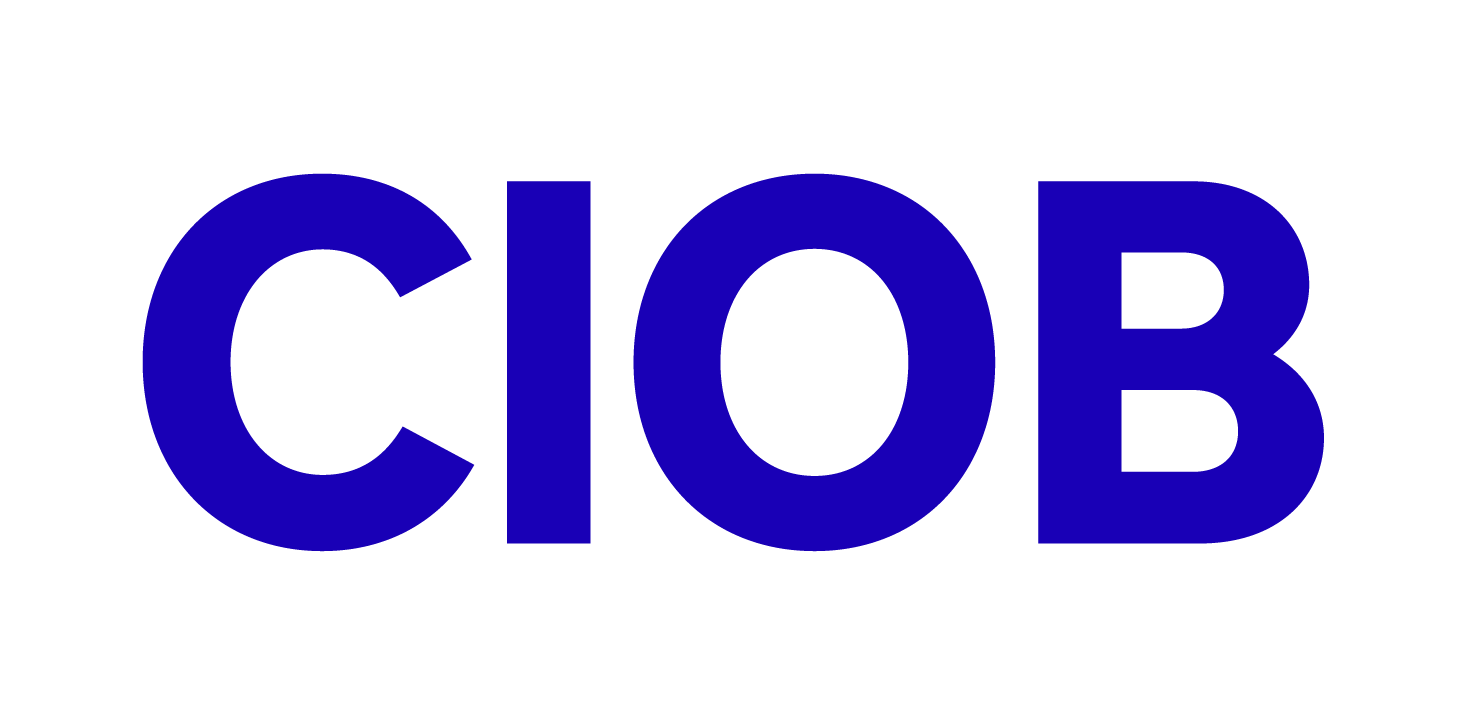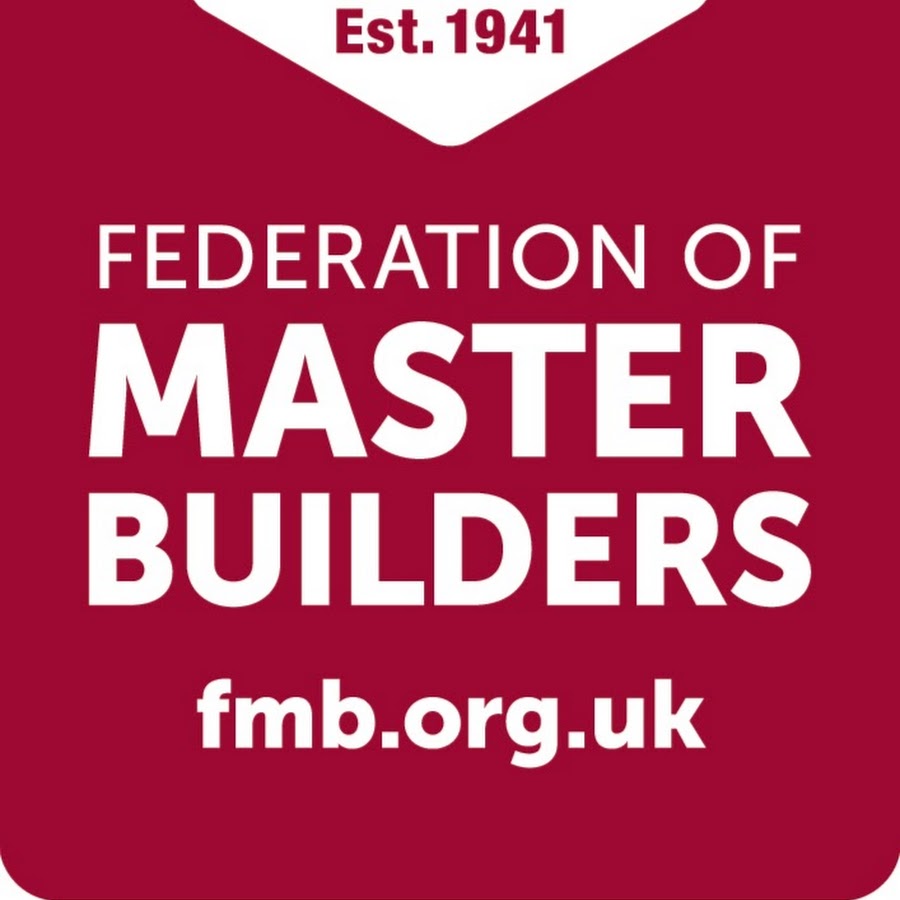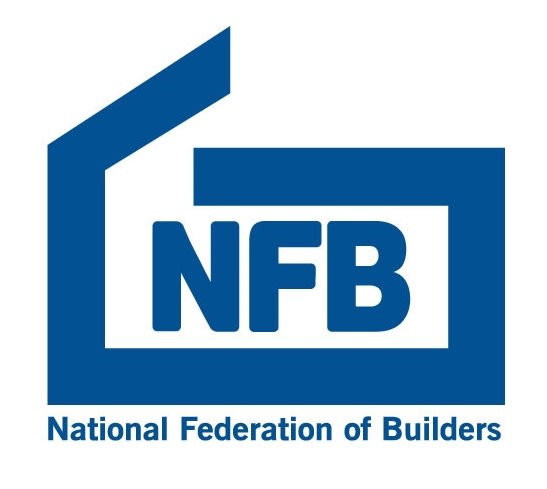Disruption…but with knobs on

We are going through a brief period of disruption caused by the pandemic and the war in Ukraine before experiencing a grateful return to a world of reliable predictability. Really?
This month, Martyn Jones argues that thinking this would be folly given that we now face two major disrupters of the status quo. A double whammy made up of a shift to a new techno-economic wave coupled with the challenge of addressing climate change – the ‘knobs on’ bit of this article. But more on that later.
First then, the new wave. Since the beginning of the Industrial Revolution, we have ridden five distinct technological-economic paradigms or waves – clusters of innovations that have all uniquely and radically shaped our world and lives.
The waves that have reshaped how we live and work to date have been ‘Early Mechanisation’, ‘Steam Power and Railways’, ‘Electrical and Heavy Engineering’, ‘Fordist Mass Production’, and the most recent, ‘Information and Communication’.
We are now beginning to see the upward swing of the sixth wave as anticipated by the proponents of long waves of technological innovation (including, incidentally, Constructing Excellence in the South West).
The nature of the sixth wave is now rapidly taking shape and includes Quantum Computing and the power – for good and ill – of Artificial Intelligence (AI). And our markets are changing too with rapidly growing sectors of the economy such as renewable energy and life sciences.
Two former party leaders, Sir Tony Blair and Lord Hague predict that “Society is about to be radically reshaped, requiring a more strategic state, and a fundamental change in how we plan for the future.” They argue that a “complete realignment” is needed in order to respond to the “radically reshaped” society that the technologies, including AI, are expected to create. In other words, we need to make the transition to a new dominant paradigm.
In their report, ‘A New National Purpose: AI Promises a World-Leading Future of Britain’, they suggest the UK must create new institutions in order to guide this change safely and for our
advantage. “By investing in talent, public data and promoting research,” they argue, “the UK can become a leader in the deployment of these technologies into the real world for the public good.”
But what does this mean for the built environment and construction? And what role will Constructing Excellence play in helping to find our best way forward with the necessary speed, decisiveness, and sense of priority?
We need to understand the role construction will play in the new wave. As in previous paradigms, we will be a significant player as an ‘enabling’ or ‘carrier’ industry, providing the infrastructure to support the new technologies. But we will also need to shape and assimilate the technologies and new ways of workinginto our products and processes to satisfy changing client needs both in existing and emerging sectors of the economy.
And as we shift to the new wave there is much we can learn from how we responded, from the 1990s onwards, to the current ICT wave. Looking for and building on the positives and things we did well but also learning from the mistakes we made and the opportunities that were lost.
During the past 30 years we have managed to assimilate to some extent an increasing number of technologies including CAD, BIM, GIS, smart building technologies, modular construction and Design for Manufacturing and Assembly (DfMA), digital twins and, most recently, our early flirtation with robotics and AI.
Alongside these we have made some progress in changing the way we organise ourselves with some re-evaluation of our forms of cooperation and competition. (Although some would say not nearly enough). We now work in networks of firms increasingly connected by ICTs with some degree of cooperation – collaboration even – in product and process technologies, quality, and production planning.
And we have alternatives to the traditional approach to project delivery aimed at breaking down the traditional barriers between project participants, and between the design, construction, operation, and reuse and recycling stages of the lifecycle. We can offer our clients new, more collaborative models of construction procurement too, such as Negotiation, Target Costing, Two Stage Open Book, and some have even toyed with Integrated Project Insurance.
But what about the ‘knobs on’ raised at the beginning of this article? The last four of the five waves have been fuelled by burning fossils. This is no longer possible given the pressing need to address the growing crisis of climate change, the effects of which are likely to be irreversible by 2030. Greenhouse gas levels are at an all-time high, more than 1 million species are facing extinction, and the earth’s resources are being used faster than they can be renewed. Change is inevitable.
Disruption on this scale means that the built environment, construction’s operating system, our markets, and the wider environment will never be the same again. But, how should we respond?
As in the past, learning and leadership will be key components of our response. And in looking back to how we transitioned to the ICT paradigm, we see the key role played by Rethinking Construction and Constructing Excellence in providing learning and leadership to help us make the most of the opportunities and confront the challenges.
We will continue to play a major role, as we did in the last wave, capturing and sharing best practice and offering guidance and support, emulating, for example, the Bristol Best Practice Club’s Specific Innovation Clusters (SICS) and Here to Learn (HtL) workshops.
We can bring together practitioners to fashion a systematic approach to developing, implementing, monitoring, and sustaining the innovations of the sixth wave whilst always recognising the specificities of construction. Supporting clients and construction leaders to work collaboratively, to act decisively and at pace, with agility and daring.
















